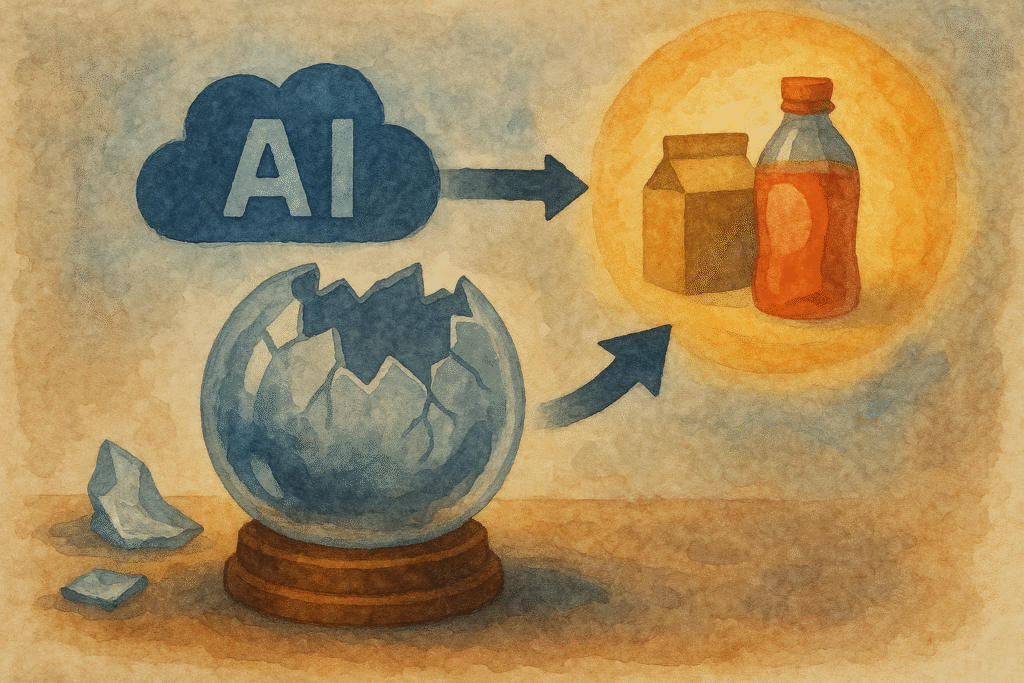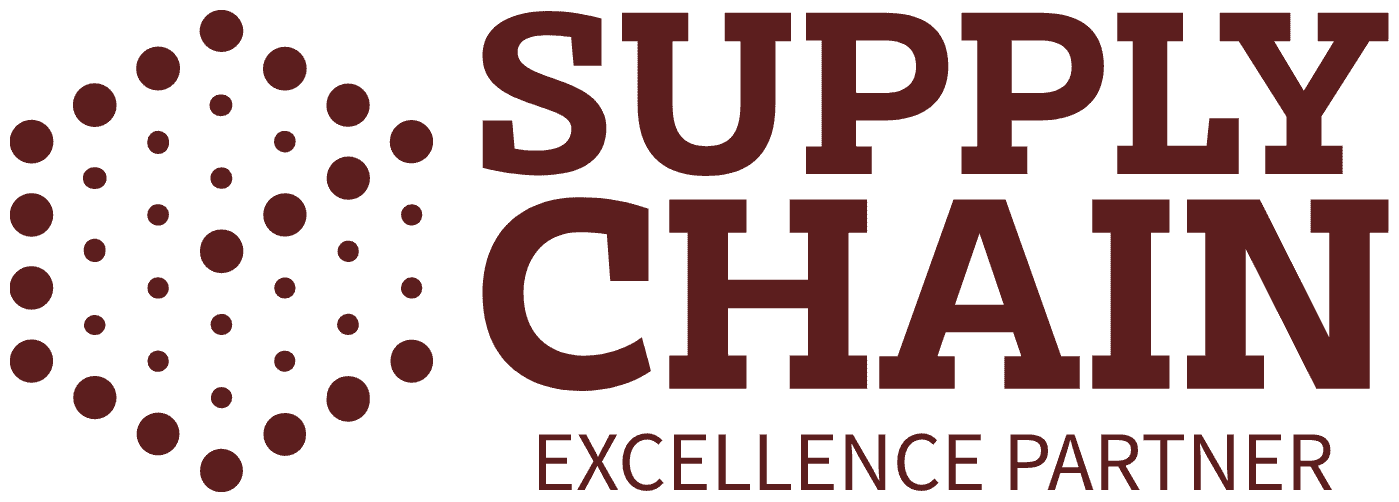“Crystal balls are a thing of the past – How a consumer goods company reinvented its forecasts”

Problem
“Crystal balls are a thing of the past – How a consumer goods company reinvented its forecasts”
A leading global FMCG (fast-moving consumer goods) company was struggling with a familiar problem on a whole new scale: sales forecasts that were too inaccurate, too rigid, and too late. Despite extensive market research, forecasts were regularly off the mark—with disastrous consequences: overproduction, out-of-stocks, increased return rates, and angry trading partners.
The Decision: The company decided to implement an AI-based sales planning solution. The aim was to identify market trends at an early stage, break down demand trends in greater detail—down to store and product specifics—and dynamically integrate seasonal and external effects.
Solution
A multidisciplinary team of data scientists, demand planners, and IT experts implemented a machine learning model that processes over 150 internal and external influencing factors: promotions, weather, holidays, regional events, social media trends, historical sales data, and even Google search volume. The AI calculated daily forecasts for over 12,000 products in 42 countries.
Benefit
The result:
- Forecast accuracy improved by 26%
- 34% reduction in out-of-stock situations
- Reduction in overproduction by 18%
- Regaining market share in two key regions
- Savings in the double-digit millions
And the best part: The new forecasting culture became a competitive advantage. For the first time, sales, marketing, and production worked on the basis of a shared, data-driven vision of the future.
The learning: Sales forecasts are no longer gut feelings or statistical games. They are data-driven, high-performance tools. Those who do not understand their demand lose their markets. The champions of the consumer goods industry know that those who plan more accurately sell more profitably – every day.
Quote from the project: “Our supply chain no longer talks about past mistakes—it plans for the future on an hourly basis.” – VP Supply Chain, Global FMCG
